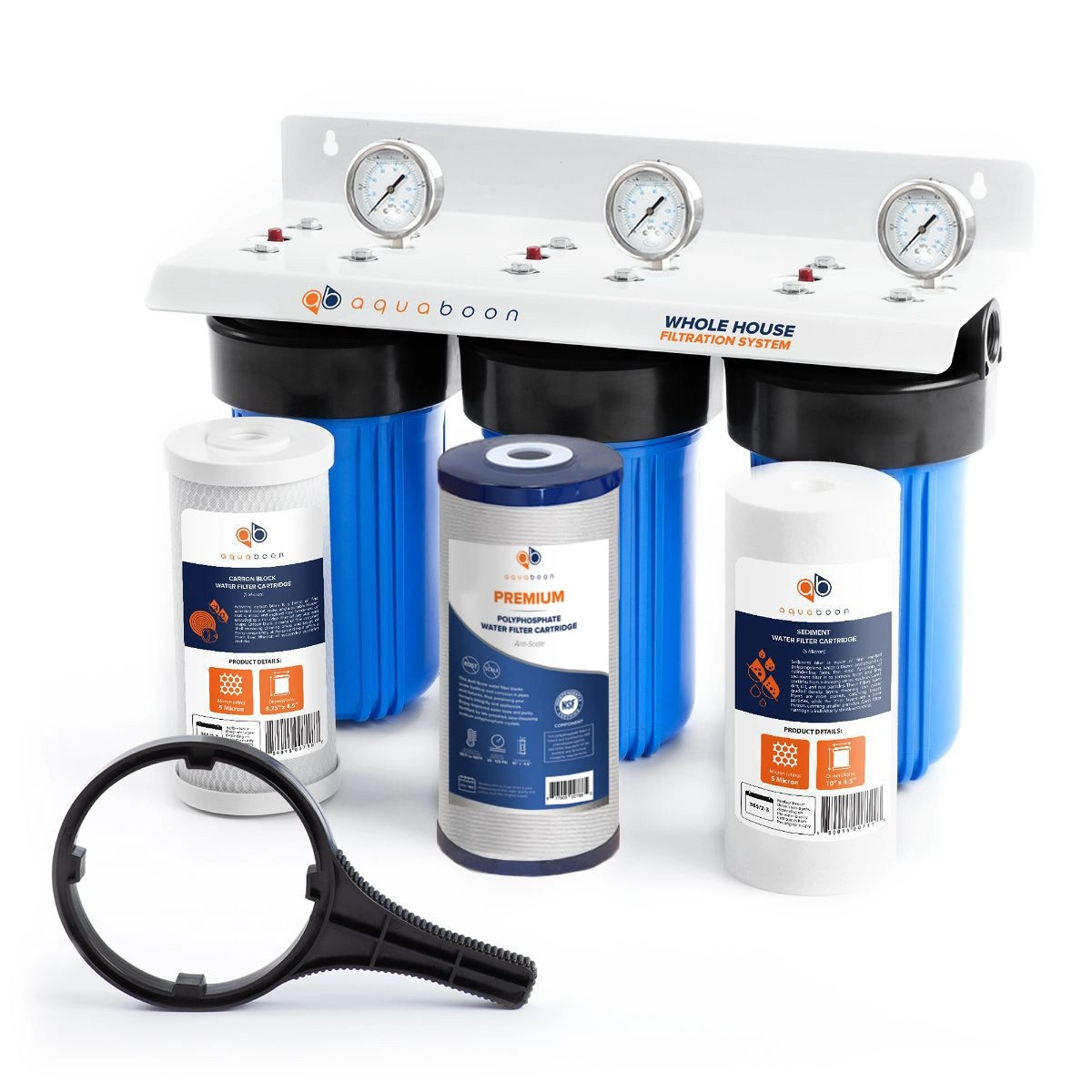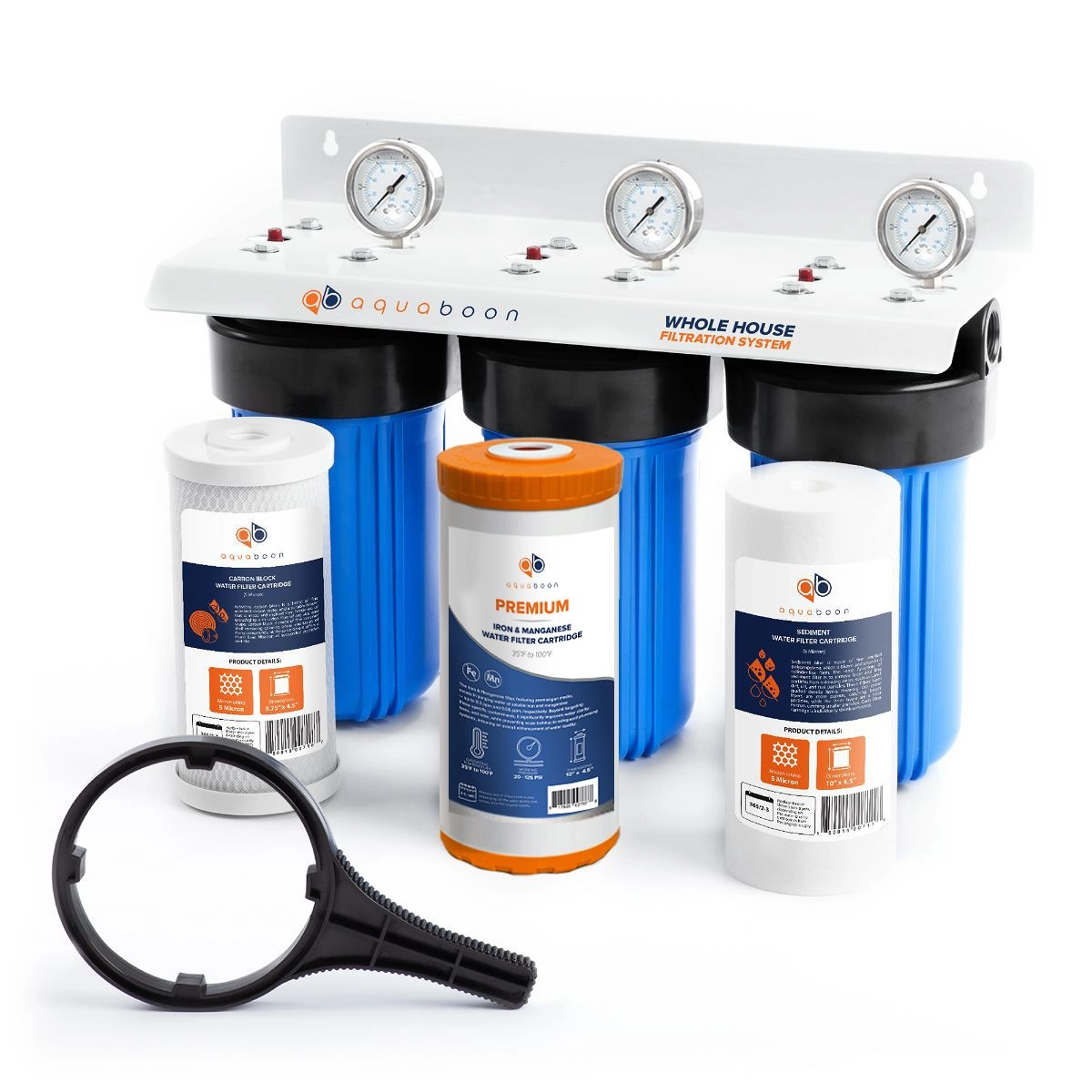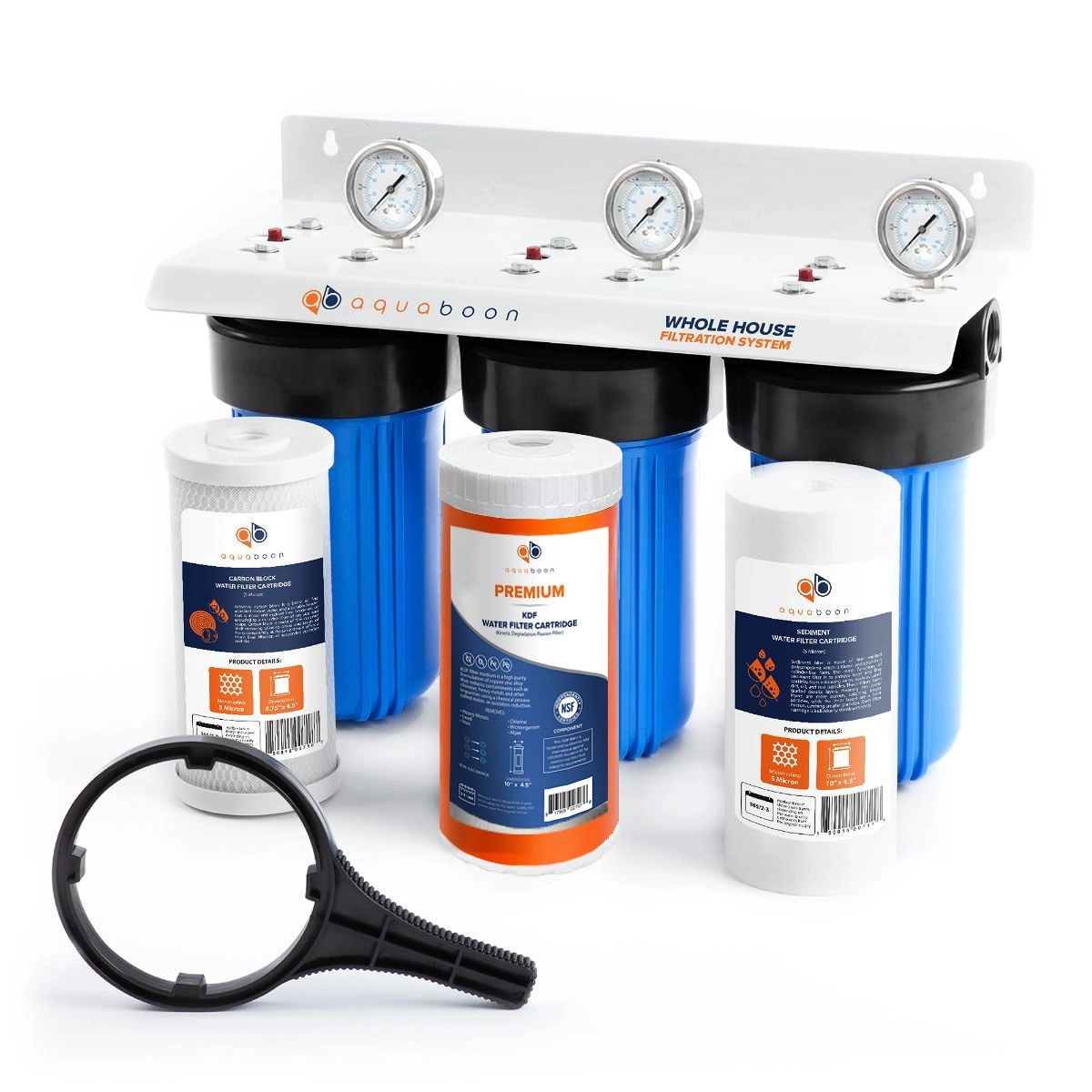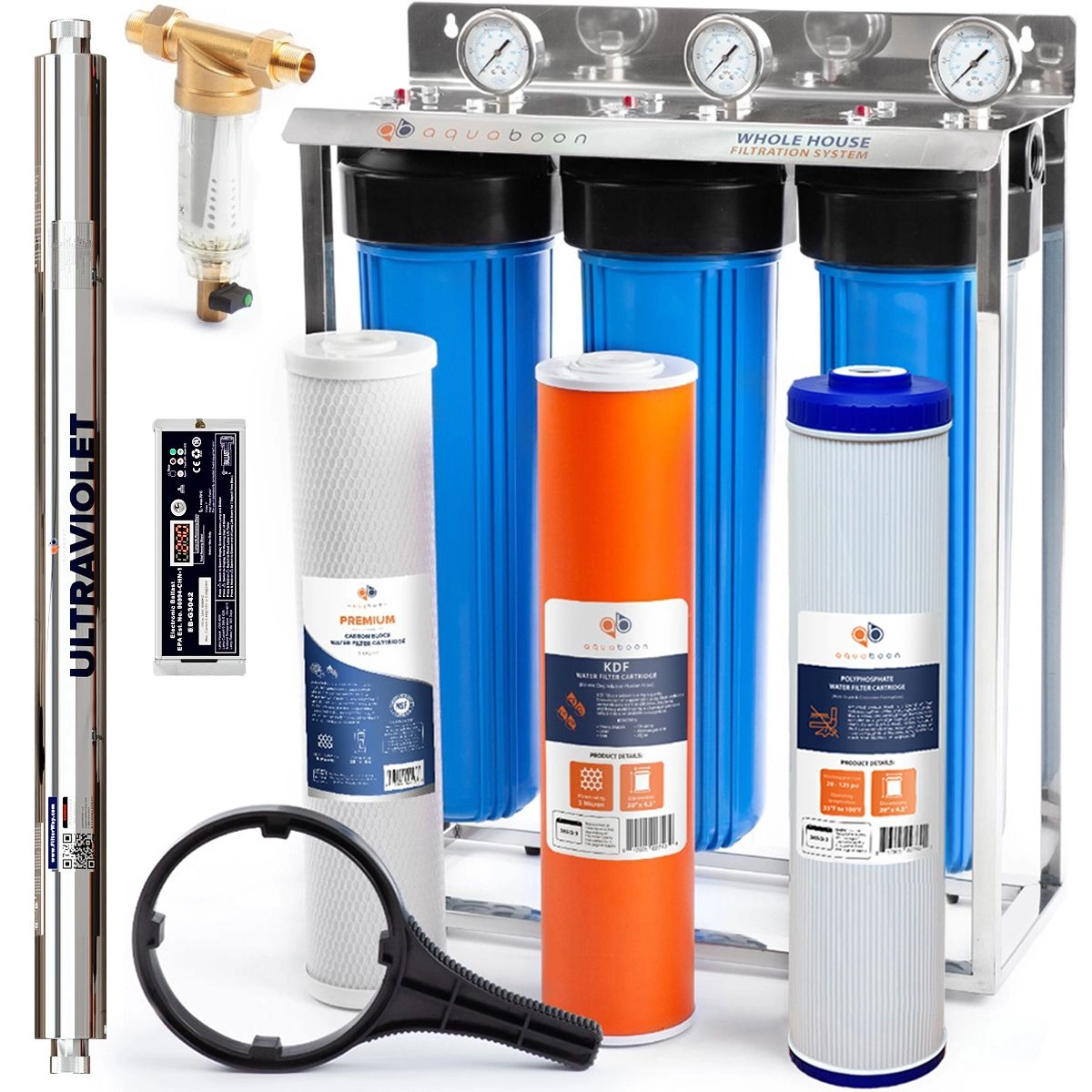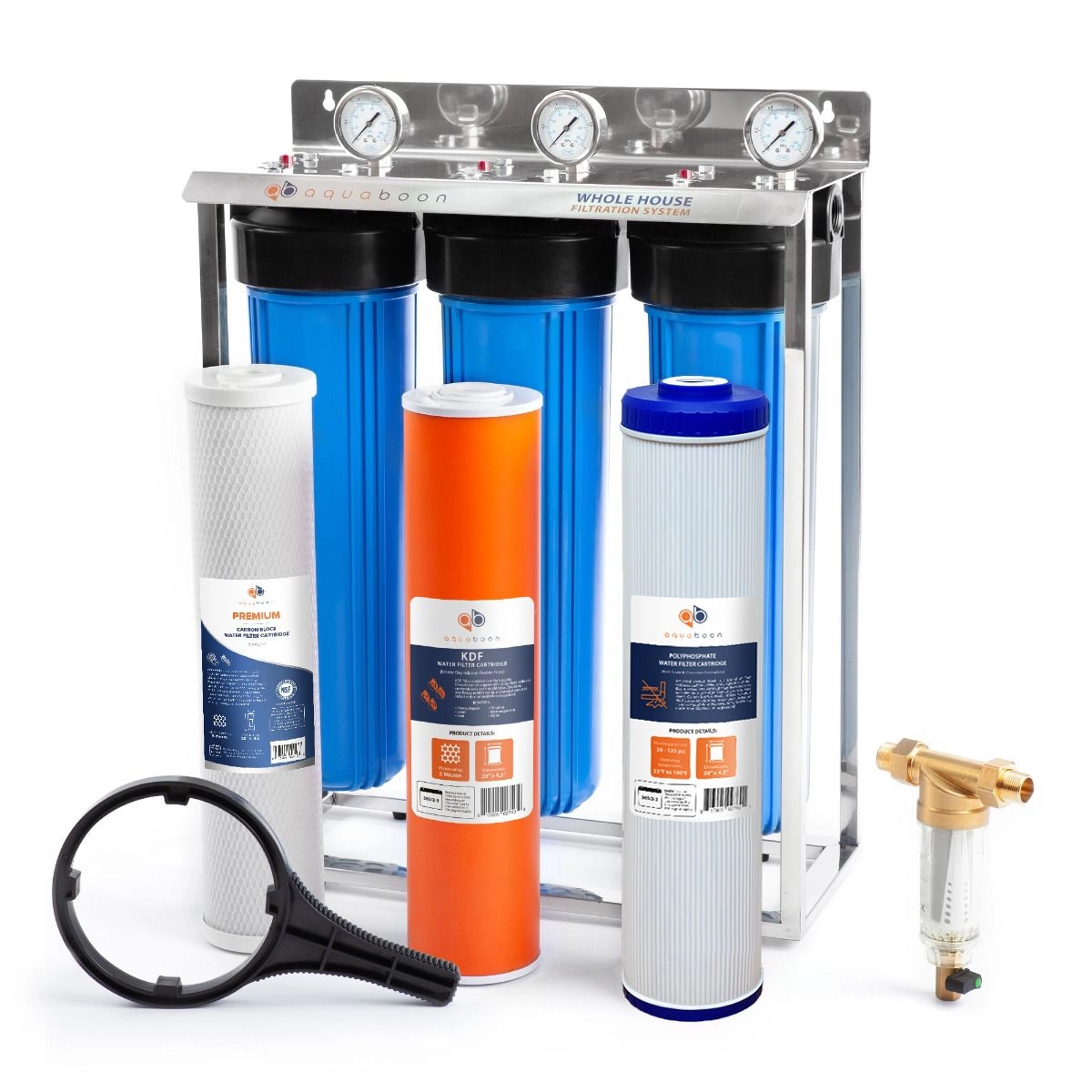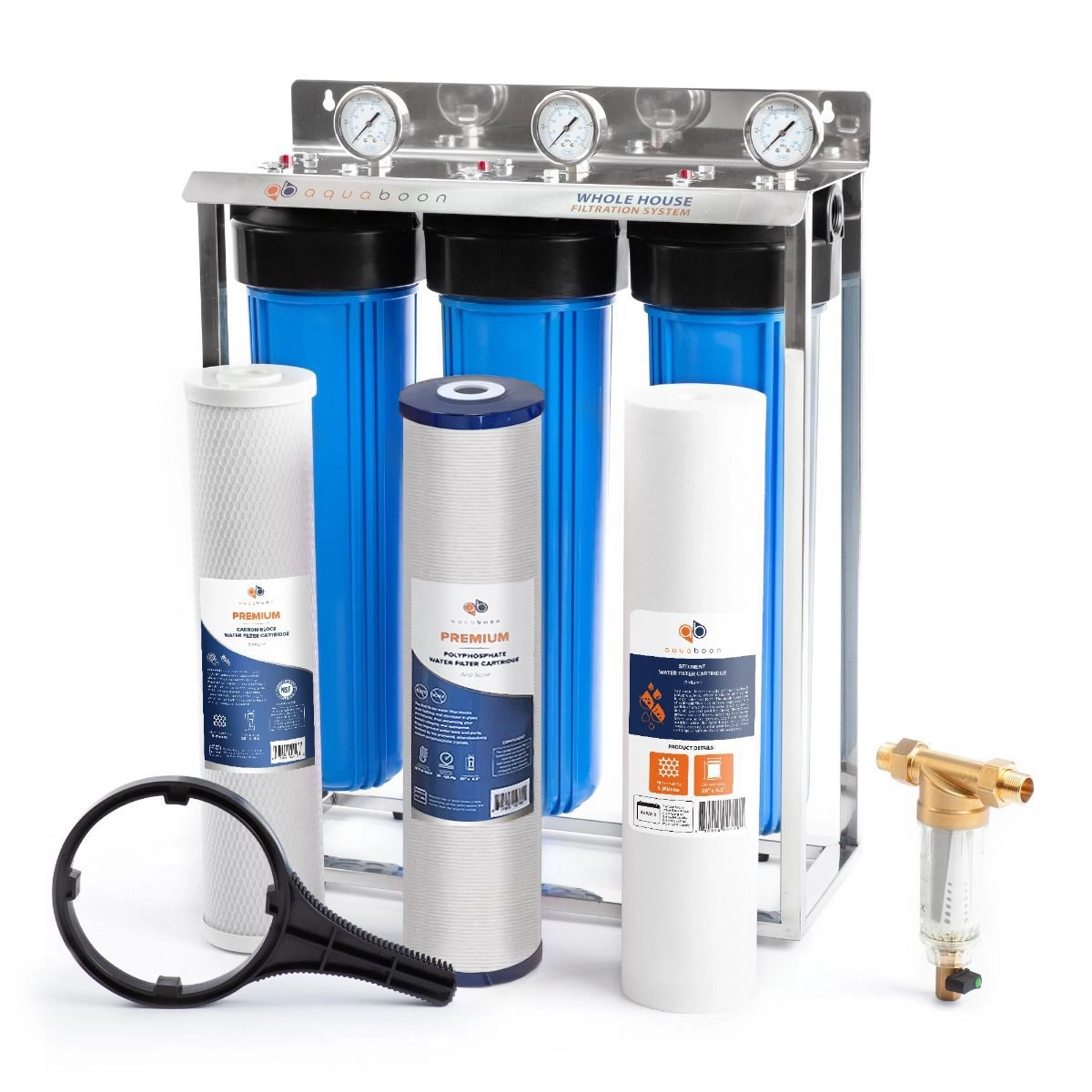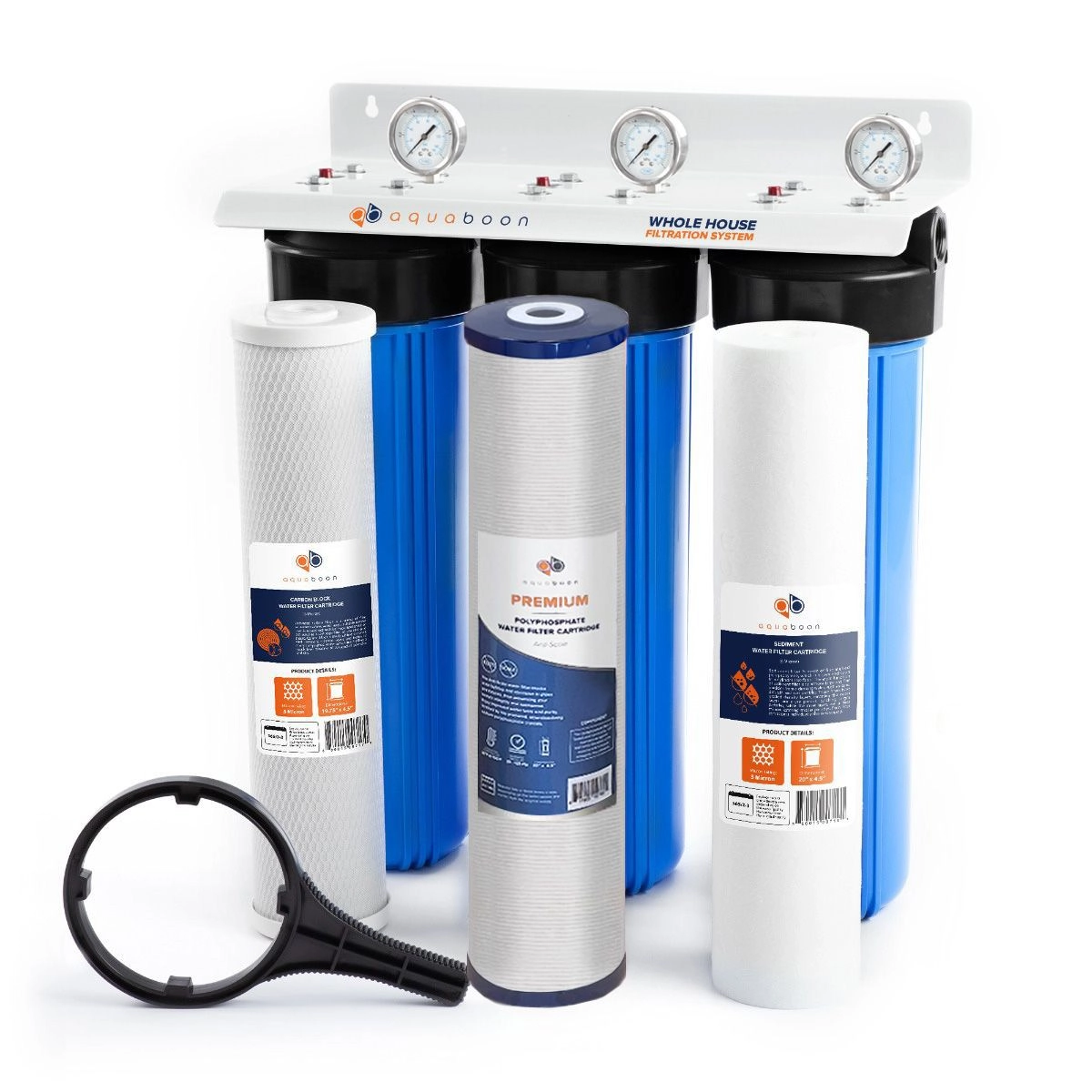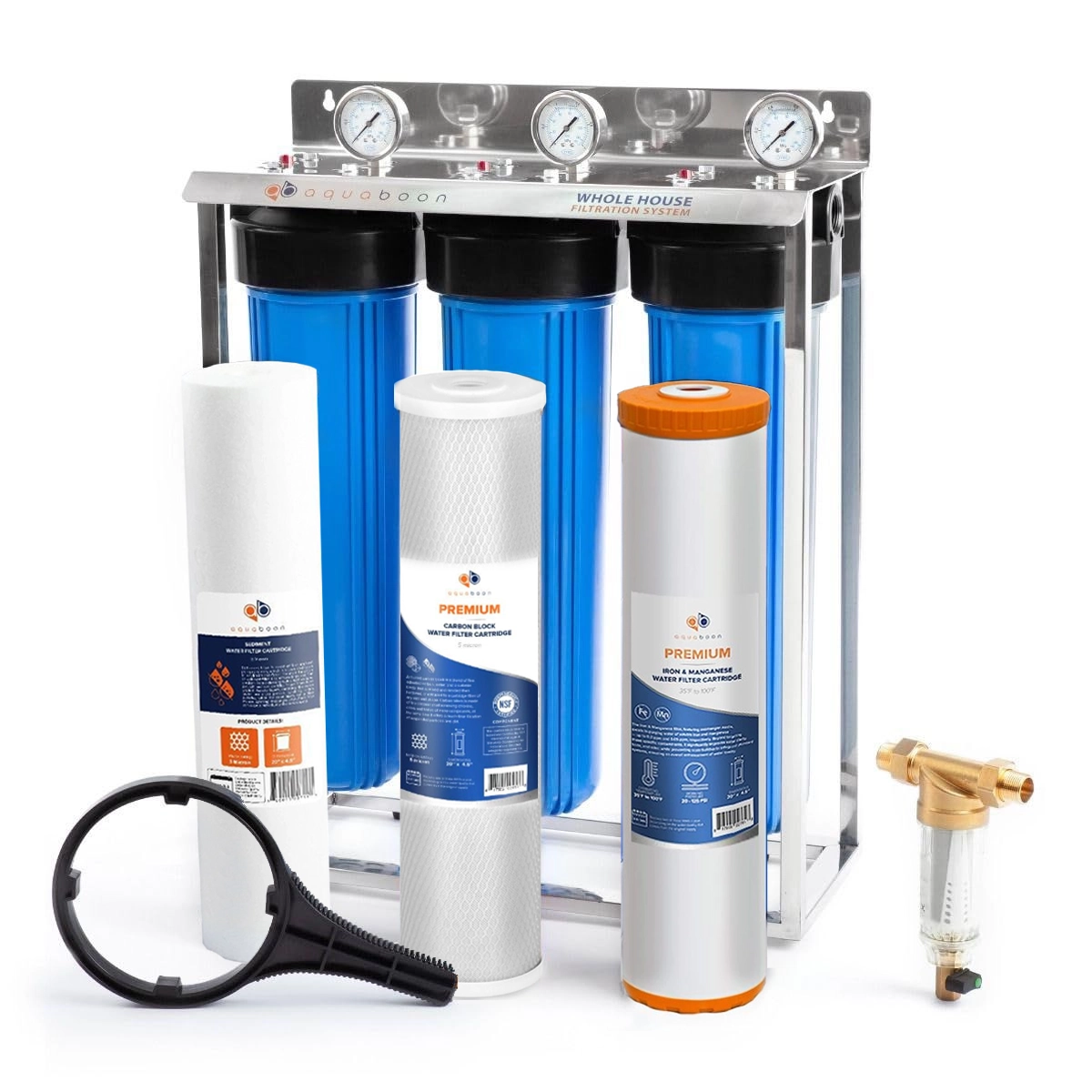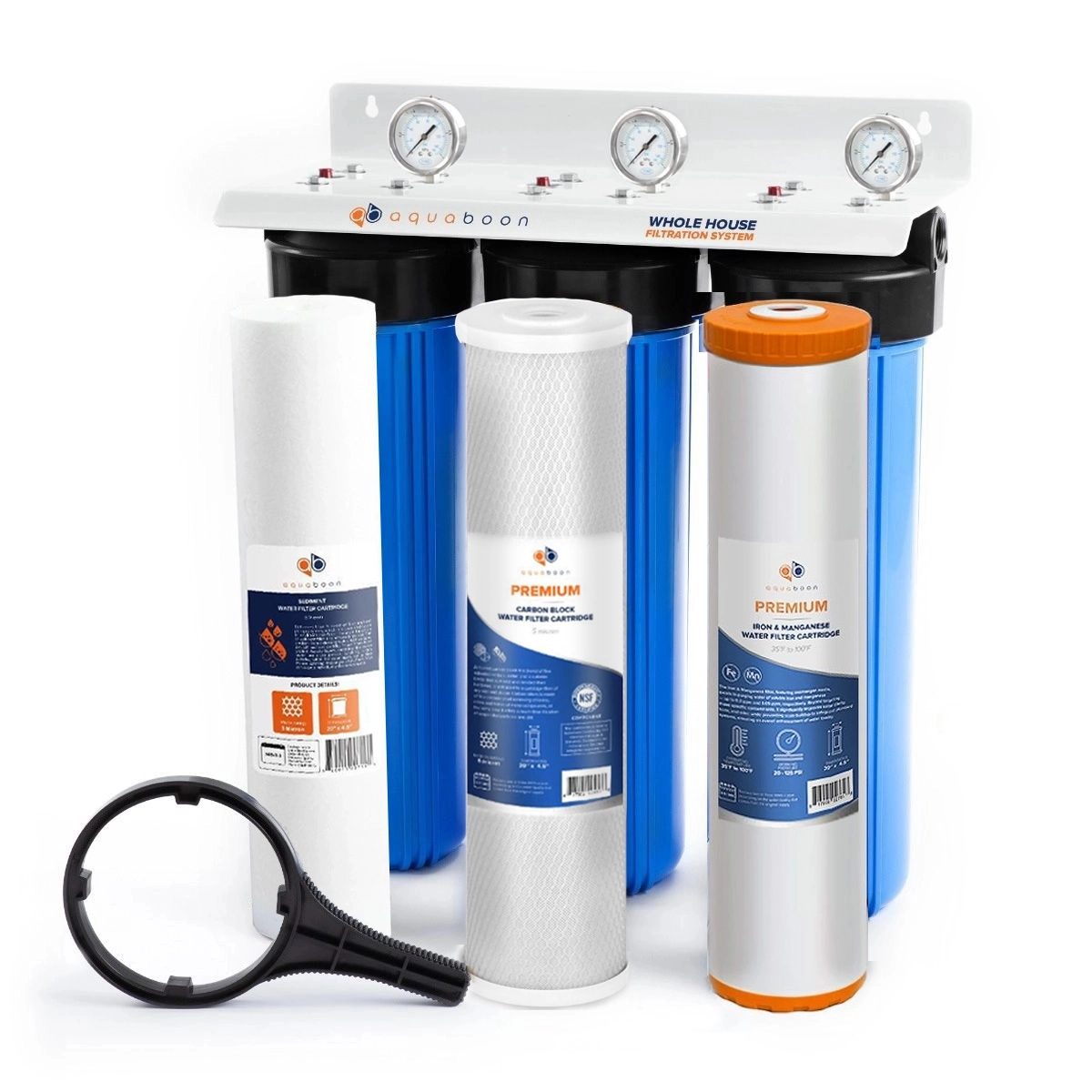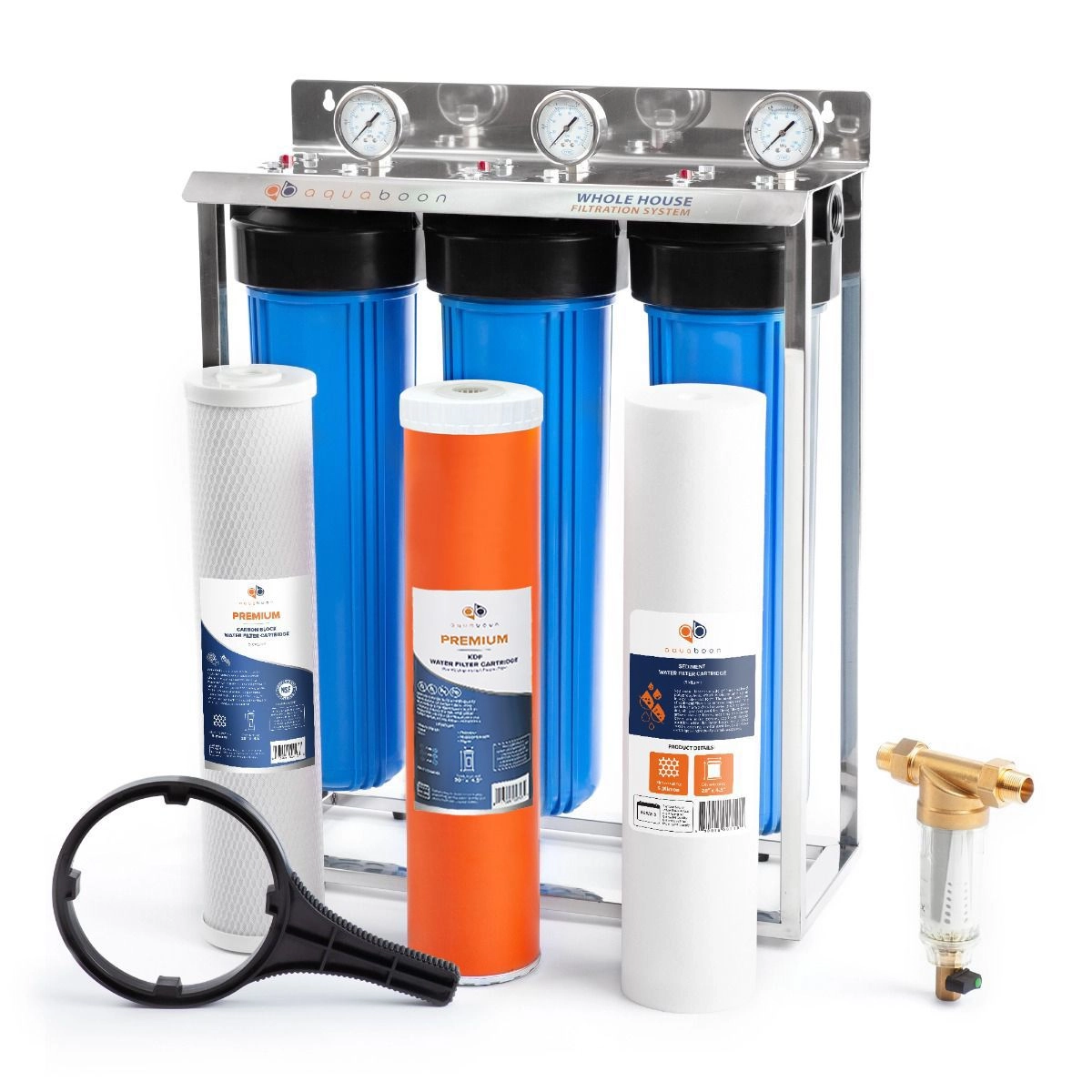As you savor a cool, refreshing drink from your kitchen faucet, ever wondered how much longer your water will retain its natural taste and crystal appearance?
Of course, water filters eventually give in if they are not replaced promptly. As they work in the background, they accumulate impurities over time, and their effectiveness slowly diminishes, and this compromises the quality of your water. That being said, knowing when to change your water filter is crucial so that your family is not exposed to health hazards. According to the WHO, contaminated water is linked to preventable health issues like cholera, diarrhea, dysentery, and typhoid.
So, if you want to know when to change the filters in the kitchen, continue reading. In the end, you’ll be able to discern when it's time to change filters in the kitchen, the right frequency of kitchen filter changes, and the benefits of doing so. Let’s dive in!
Signs that you need to change your kitchen water filter
To minimize the chances of exposing your family to unclean water because of a broken or expired water filter, there are some indicators you must know. Here are the signs to change kitchen water filters:
Slowly decreasing pressure
If you notice a decrease in the pressure from your kitchen faucet, it could be because debris, sediment, and contaminants are clogging the purifier. After some time, this can limit the flow of water. This may be more noticeable when you are using hot liquid or more than one source of water at once. It may be necessary to replace the device if this occurs.
An unpleasant odor or taste
When your kitchen water gives off an unpleasant smell or taste, it may be an indication that contaminants are present. In many cases, hydrogen sulfide gas is responsible for the unpleasant smell. Not only can the odor permeate the liquid itself, but also any food or beverage prepared with it.
Water feels slippery
When water feels slippery, it shows it may contain high levels of dissolved minerals such as calcium and magnesium, commonly known as hard water. This can leave residue on dishes and appliances, making them appear dull and dirty.
Additionally, hard water can lead to clogged pipes and reduced liquid flow over time, which further underlines the importance of kitchen filter maintenance.
Cloudy water
Cloudiness in your drink can be a sign that your purifier is no longer effectively removing impurities. The liquid may contain sediment, dirt, or rust suspended in it, which may negatively affect its taste and quality. Microbial growth — which poses a risk to health if consumed — is sometimes also the cause of cloudy drinks.
Scale buildup due to high TDS
Water with high Total Dissolved Solids (TDS) levels can cause scale buildup in coffee makers, kettles, dishwashers, and other kitchen appliances. Consequently, the liquid flow may be reduced, and heating elements may be damaged.
Presence of black mold
Typically, black mold is found in moist environments. Usually, it occurs as a result of organic matter and minerals building up in the filter over time. To avoid respiratory problems, allergic reactions, and serious associated risks, you should replace your purifier immediately if you detect black mold growth. This will save you from a lot of potential health risks.
The indicator light is activated
Modern purifiers come with a color-coded system that keeps track of the device’s lifespan. When a green light illuminates, it means you've used 40 or more gallons of liquid; a yellow light means you've used 50 gallons; and a red light indicates you need to change the filter.
Drains or faucets start to make odd noises
Generally, strange gurgling, bubbling, or whistling sounds from your kitchen faucet or drain suggest there’s a problem with your plumbing system. And one possible cause is a clogged or dirty purifier, which may be restricting the pressure and cause air pockets to form in the pipes. This can create unusual noises.



